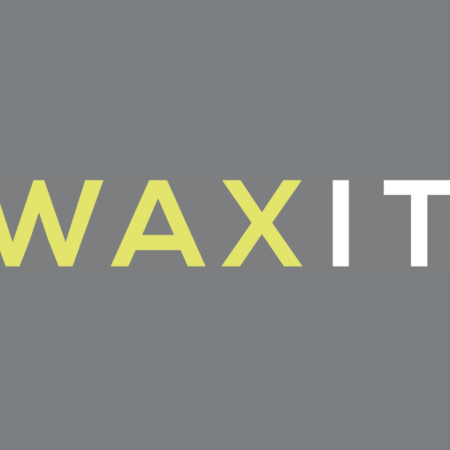Introduction
Embarking on a franchise venture can be an exciting and potentially lucrative endeavour. However, the key to success is thorough due diligence before committing to any franchise opportunity. This process involves careful research and analysis to ensure the franchise aligns with your goals, values, and financial capabilities. In this blog post, we’ll explore essential tips for conducting due diligence on potential franchise opportunities.
1. Understand Your Goals and Values
Before delving into specific franchises, take the time to reflect on your personal and professional goals. Consider your values, lifestyle preferences, and the level of commitment you are willing to make. Identifying your priorities will help you narrow down the options and focus on franchises aligning with your future vision. For example, if you are an avid camper spending weekends away, a retail store may not be feasible as weekends are the busiest trading periods.
2. Research the Industry
Once you clearly understand your goals, delve into the industry you’re interested in. Evaluate market trends, growth potential, and any challenges that may arise. Understanding the broader industry landscape will provide valuable insights into the overall viability of the franchise opportunity. For example, if you are interested in an education franchise, it’s good to be aware of trends in education, such as homeschooling and blended teaching methods.
3. Assess Your Financial Capacity
Conducting due diligence requires a realistic assessment of your financial capacity. Determine your budget for initial investment, ongoing expenses, and potential downturns in the early stages. Be sure to factor in working capital, royalty fees, and marketing costs. Knowing your financial limits will guide you in selecting franchises that fit your budget. Remember that most banks require franchisees to contribute at least 50% of the establishment cost to qualify for bank finance.
4. Investigate the Franchisor’s Reputation
Research the franchisor’s reputation by seeking reviews from current and former franchisees. Attend franchise expos and events to interact with other business owners and gain firsthand insights. A reputable franchisor will have a history of transparent communication, robust support systems, and a track record of successful franchisees.
5. Scrutinise the Disclosure Document
The Disclosure document is a legal document that provides detailed information about the franchisor and the franchise system. Review the Disclosure document to understand the legal and financial standing of the franchisor. Seek legal advice if necessary to ensure you fully comprehend the implications of the contract. According to the Consumer Protection Act (CPA), a prospective franchisee must have at least 14 days to consider the Franchise Agreement and Disclosure Document before signing the Franchise Agreement.
6. Interview Existing Franchisees
One of the most valuable sources of information is current and former franchisees. Speak with them candidly about their experiences, challenges, and overall satisfaction with the franchisor. Ask about support from the corporate office, training programs, and any unexpected issues they encountered. Their insights can offer a realistic view of what to expect. The contact details of existing franchises must be inserted into the Disclosure Document to comply with the CPA regulations regarding franchising in South Africa.
7. Evaluate Training and Support Programs
A successful franchise system provides comprehensive training and ongoing support to franchisees. Assess the quality and extent of the training programs offered by the franchisor. This includes initial training, continued education, and assistance with marketing and operations. A supportive franchisor is crucial for your success as a franchisee.
Conclusion
Conducting due diligence on potential franchise opportunities is critical in mitigating risks and ensuring a successful venture. By thoroughly researching the industry, assessing your financial capacity, and scrutinising the franchisor’s reputation, you can make informed decisions that align with your goals and values. Remember that careful preparation and diligence in the early stages will lay the foundation for a thriving and sustainable franchise business.










